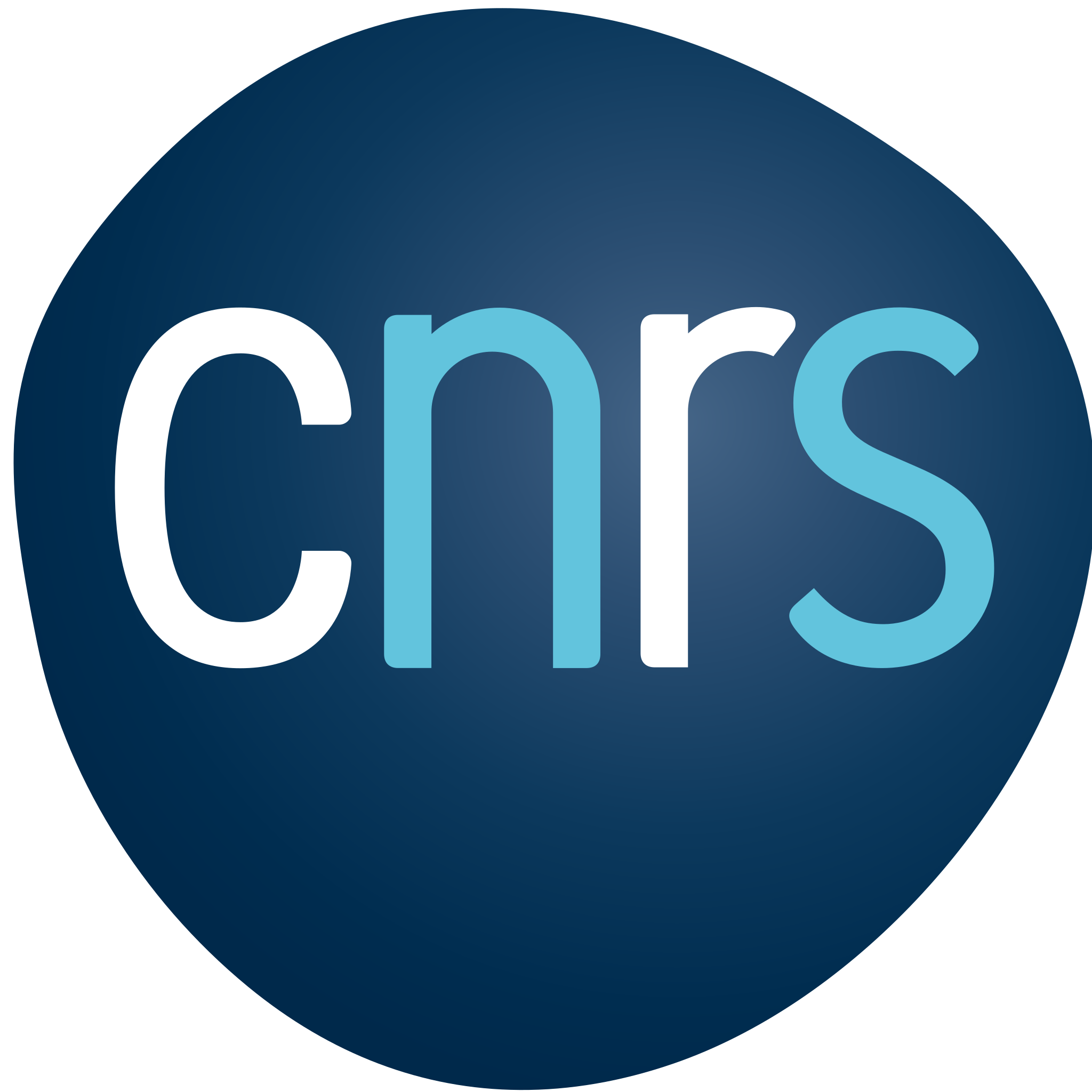Recruitment details

[DC7] MS methods development for thermal proteome profiling and single cell analysis
Starting date: Sept. 1, 2024
(in 1 year, 5 months) ago
Application Deadline: March 15, 2024
(in 1 year, 11 months) ago
Type: Experimental
Affiliation(s):
Centre National De La Recherche Scientifique
Université de Strasbourg
Promoter(s):
Dr. Christine Carapito
Domain: mass spectrometry-based proteomics; analytical chemistry; method development;
Keywords: MS acquisition methods; fast chromatography; high throughput proteomics; thermal proteome profiling; single cell proteome analysis;
Location: LSMBO; IPHC; CNRS, Université de Strasbourg, Strasbourg, France.
More information: Open link

Domain: mass spectrometry-based proteomics; analytical chemistry; method development
Keywords: MS acquisition methods; fast chromatography; high throughput proteomics; thermal proteome profiling; single cell proteome analysis
Promotor: Christine Carapito
Starting date: 1st of September 2024, for a period of 3 + 1 years
Location: LSMBO; IPHC; CNRS, Université de Strasbourg, France.
Funding: HORIZON-MSCA-2022-DN project PROHITS
In this project, you will develop highly sensitive and high throughput nano-liquid chromatography coupled to tandem mass spectrometry (nanoLC-MS/MS) methods for thermal proteome profiling and single cell analysis on prokaryotic cells, both cutting-edge applications in MS-based proteomics today. To achieve this, you will set up and evaluate methods on the newest and most high-performing MS platforms for both label-free and TMT-label-based quantification. The multiplexing capability enabled by TMT-labelling may well be key to meet the challenge of single cell proteome analysis on cells as small as bacteria. Likewise, this multiplexing capability is essential for thermal proteome profiling experiments with highly accurate and high-resolution melting curves. Ideally, you will be able to integrate information down to protein variants and post-translational modifications into these measurements as well. You will optimize TMT-labelling conditions and LC-MS/MS acquisition methods, including ion mobility separation, and this in both data dependent and data independent acquisition schemes. TMT methods with and without the use of MS3 fragmentation methods will be benchmarked against label-free methods, and real-time searching capabilities will be exploited.
You will work in close collaboration with DC3 at VIB in Belgium, who will develop AI-based MS data interpretation tools to improve both the sensitivity and accuracy of peptide and protein identification and quantification. Together with DC6 and DC9, you will explore the feasibility of conducting TPP experiments on single cells.
You will also have two secondments. The first is a one-month secondment to learn about the operation of the latest generation timsTOF instruments in-house at the Bruker Daltonics site in Bremen, Germany. A second secondment of two months at Cellenion in Lyon, France will focus on sample preparation improvements developed specifically for thermophilic prokaryote single cell analysis by DC9. Adapted temperature settings will also be evaluated on the CellenONE microfluidics system to attempt TPP-like experiments at the single cell level.
The project is part of a computational/experimental EU MSCA-DN project with a total of 10 Ph.D. students, and is highly interdisciplinary. Good knowledge, ideally with previous experience, in liquid chromatography and mass spectrometry are essential. Background in protein biochemistry will be a bonus. Candidates must be motivated to learn about all disciplines relevant to the project. Candidates must be fluent in English.
Applications must be submitted online in English following the instructions and respecting the conditions at https://bit.ly/prohits. The deadline for applications is 15/03/2024 at 23:59 (CET)
Further general information about the PROHITS project: http://prohits.eu